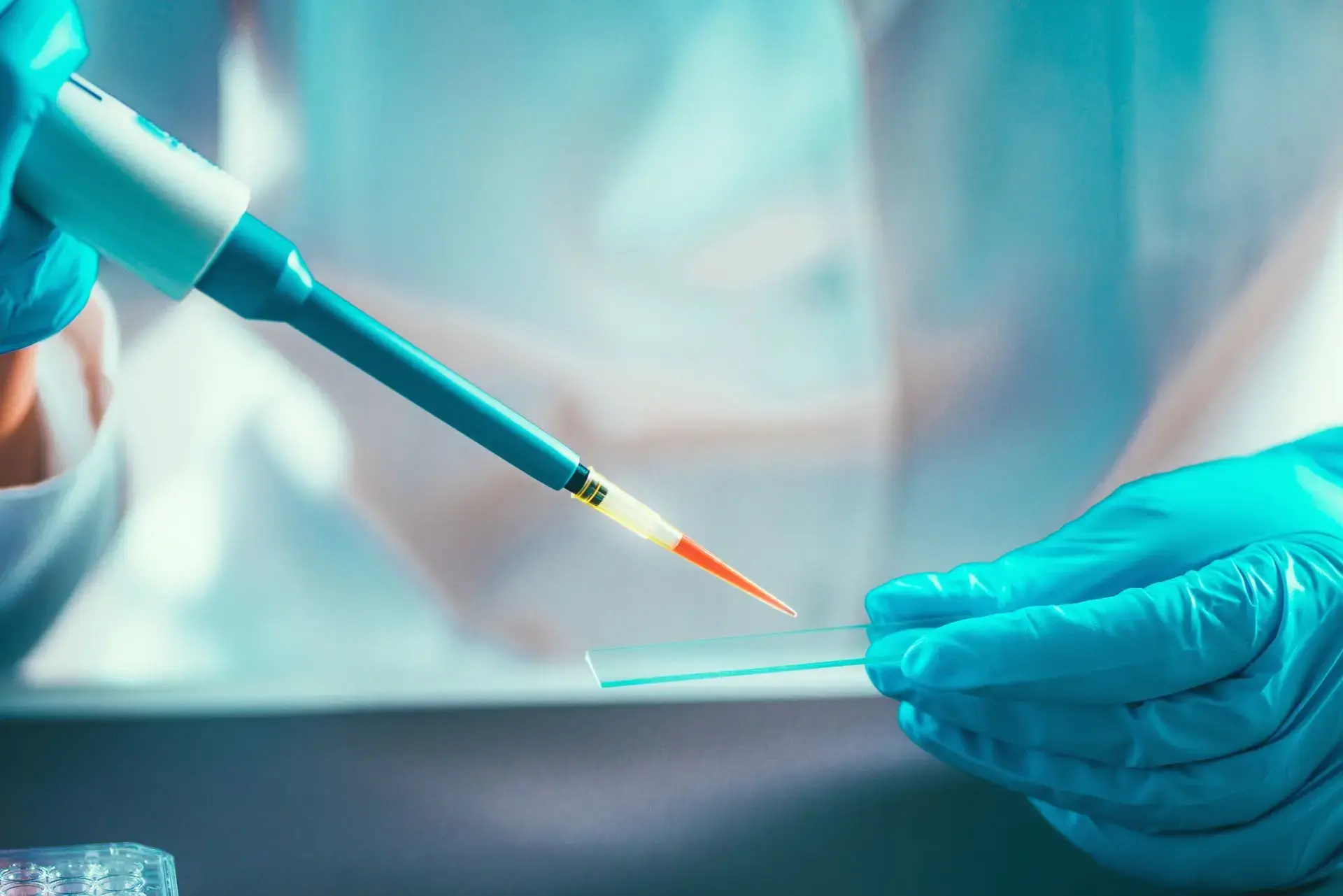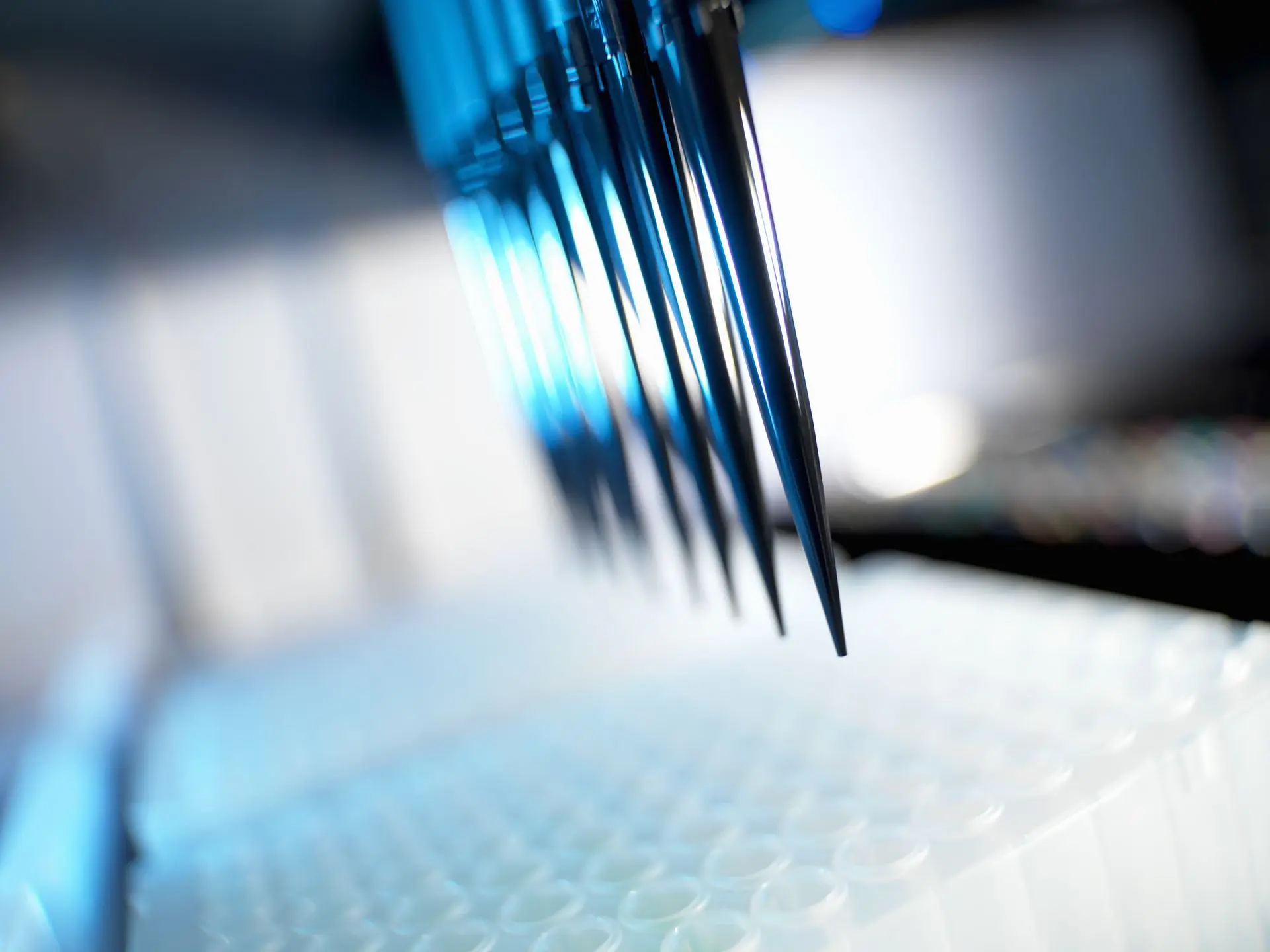Running a successful PCR reaction requires precision and care at every step. But even experienced scientists can run into errors that lead to non-specific amplification, false positives, or complete reaction failure.
Here are the top 5 most common PCR pitfalls and how you can avoid them to get reliable and reproducible results every time.
1. 🧪 Contamination: The Silent Saboteur
Problem: Even a single molecule of contaminant DNA can produce a false positive.
Solution:
- Use aerosol-resistant pipette tips
- Maintain a dedicated PCR area (template-free zone for prep)
- Include negative controls in every run
- Regularly clean work surfaces with DNAse solution


2. 🧬 Poor Primer Design
Problem: Non-specific binding leads to smeared bands or multiple amplicons.
Solution:
- Use software like Primer-BLAST or Primer3
- Check GC content (40–60%) and avoid self-dimers
- Match melting temperatures (Tm) within ±2°C
- Avoid long homopolymer runs or repeat sequences

3. 🌡️ Incorrect Annealing Temperature
Problem: Low temperatures = non-specific binding; high temperatures = no amplification.
Solution:
- Perform a gradient PCR to identify the optimal Tₐ
- Adjust based on primer Tm and Mg²⁺ concentration
- For high-fidelity reactions, increase specificity with a hot-start enzyme
4. 🧬 Degraded or Inhibited Template DNA
Problem: Poor-quality DNA can completely block amplification.
Solution:
- Check DNA integrity on agarose gel
- Use column-based purification kits or magnetic beads
- Avoid inhibitors (e.g. phenol, EDTA, heparin)
- Quantify your template using a NanoDrop or Qubit
5. 🧪 Inaccurate Pipetting or Mix Preparation
Problem: Even small errors can cause big variability in PCR output.
Solution:
- Calibrate pipettes regularly
- Prepare master mixes to minimize variation
- Use cold blocks to keep reagents stable during setup
- Label all tubes clearly to avoid swapping samples
Use Quality Control Kits
Implementing PCR QC kits allows you to monitor reaction performance over time, catch reagent degradation early, and reduce inter-operator variability.